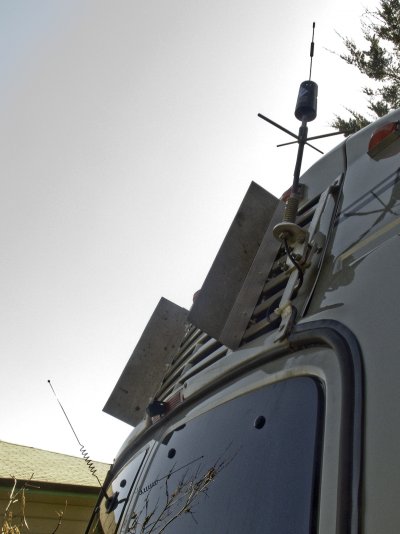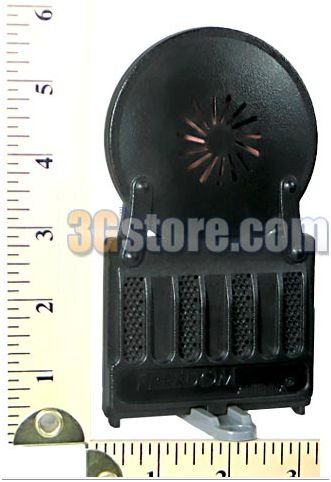Before I bought my used class C, I did a lot of research on the Web. Mainly, I read blogs of people who traveled in a van conversion like Hankster's, truck campers, class Bs like RonBoyd's, and of course class Cs. What do they do? Where do they go? I would try to put myself in their shoes, to live vicariously through their blogs, trying to find a fit.
I quickly ruled out the large and roomy fifth wheels and the class As. They are more suitable for full-timers who need more room. I want to travel a little leaner and meaner. Well, not as lean as a van conversion or a truck camper. The truck camper is the toughest, and can get you into tough spots that make other RV'ers cry, but it is not for me. Whatever I chose, it must also be with considerations for my wife, whom I need to go along. We rarely travel without each other, and when we do so, it is usually for business.
So, it was for me a hard debate between a class B or class C. We probably would be happy with a class B too, if I ran across a good used one to buy. They seem to be in higher demand, and any unit offered in the market got snatched up fairly quickly. It seems people still remember the past days of $4/gal prices, and shy away from larger motorhomes. I missed out on a couple of Rialtas; these are pretty hot. So, when I saw this class C in decent shape, I decided that I could not wait forever.
I learned a lot by reading RV blogs, and to understand the pro and con of each type of vehicle. For example, a traveler pointed out a drawback of using a toad to explore away from the "mother ship"; when finding an interesting place, he cannot stay and has to backtrack to fetch his larger motorhome. RonBoyd probably is nodding in agreement here

Another person in a van conversion regretted not going with a truck camper, so that she could go deeper into the wilderness.
There are no right or wrong, just different styles. I saw the allure of them all, and in the end settled down with something that I most likely would be able to enjoy. A friend told me of a relative who started out with a class C, then switched to a RoadTrek. He is now back to a class C! Let's see if I will flip/flop after having some treks on my belt. Hey, how 'bout one of each, so you can take the "right" one for a particular trip?
Happy RV'ing!




